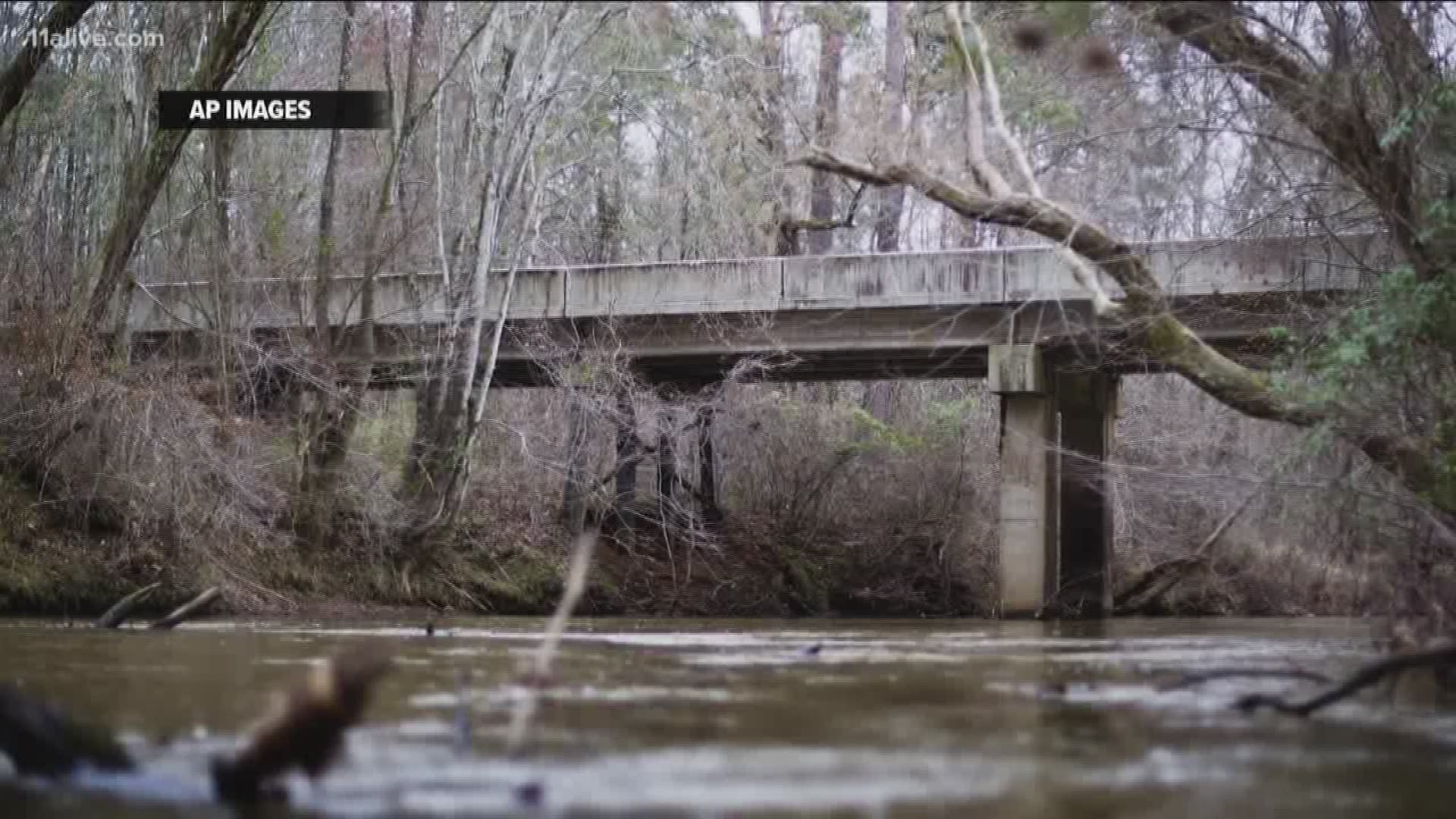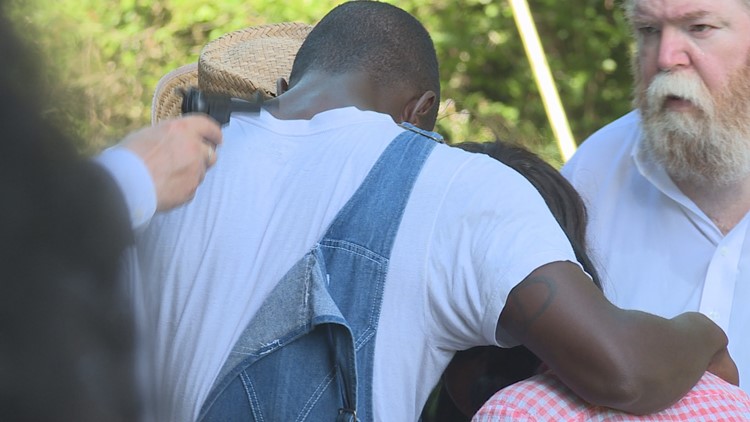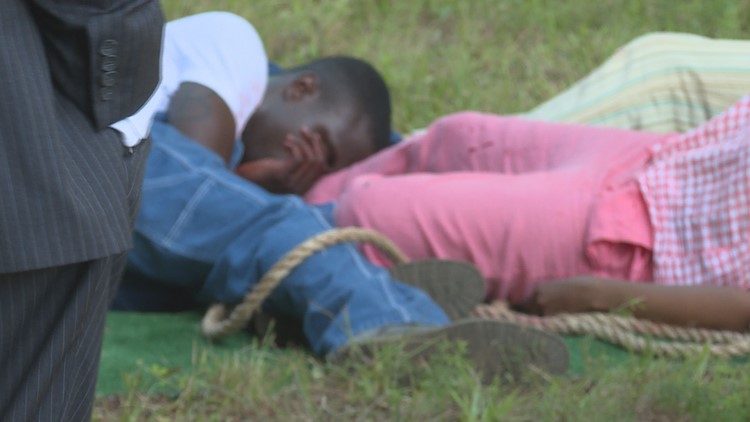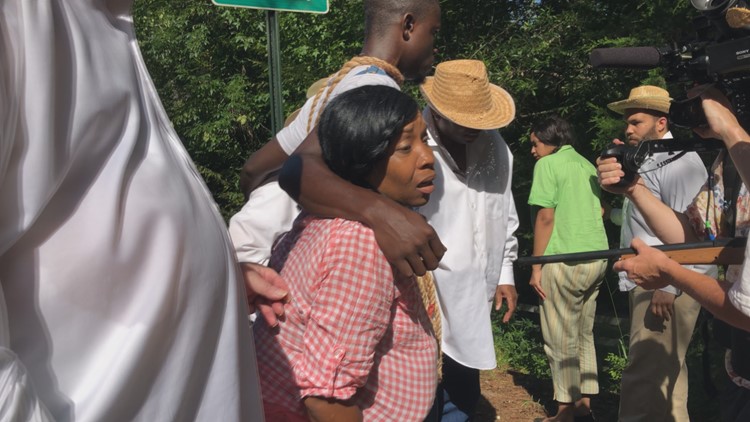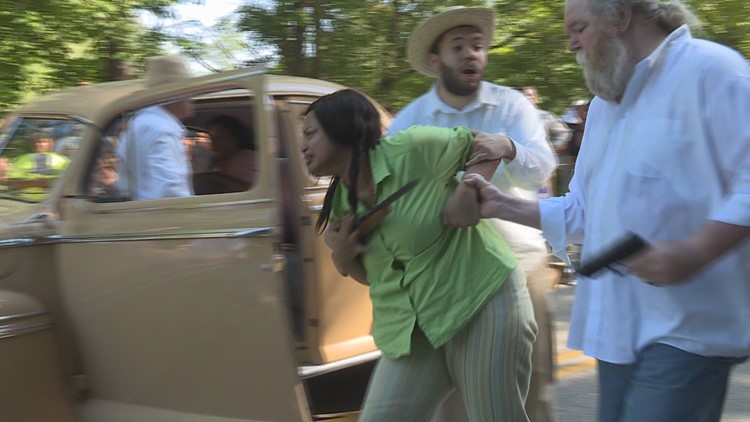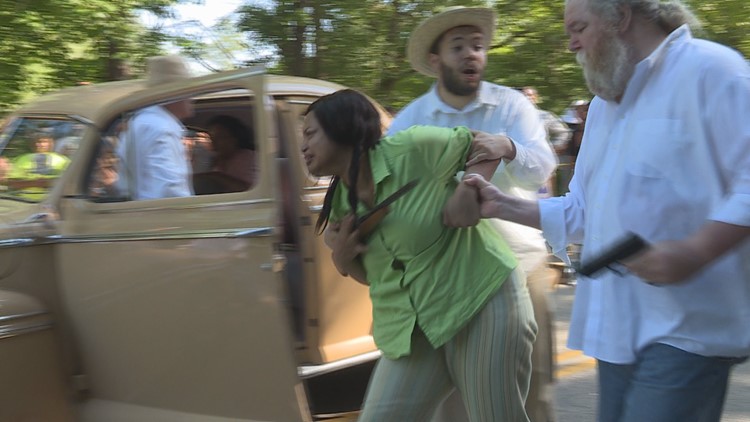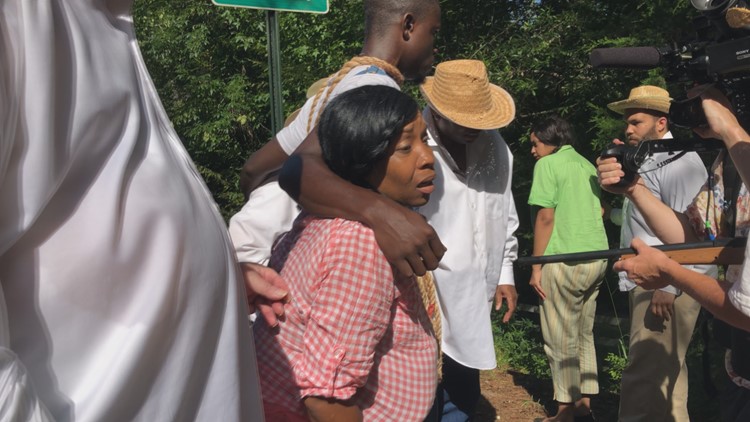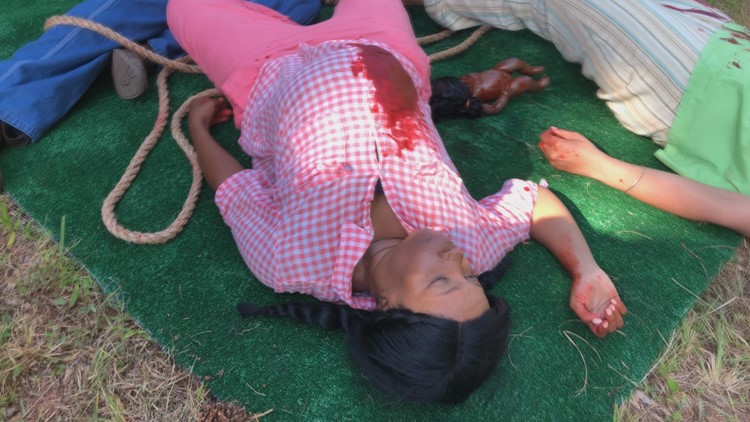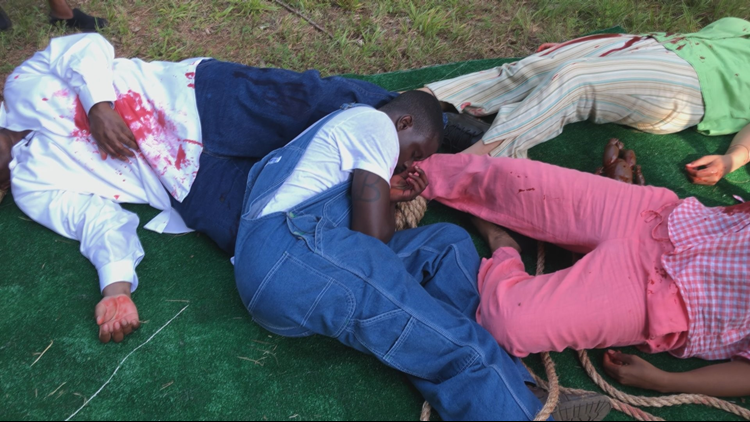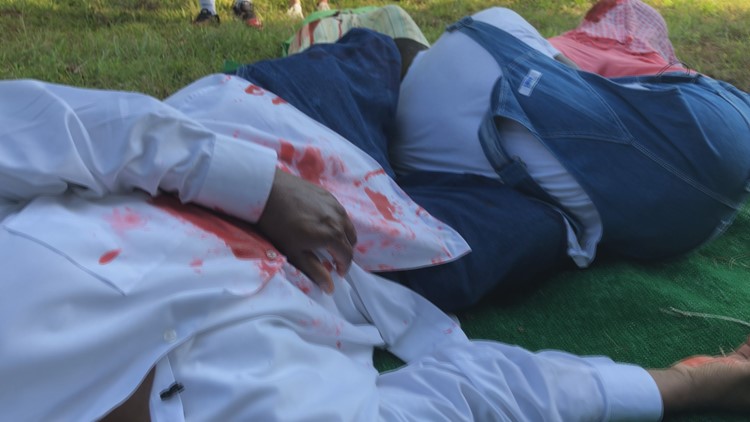One of the most infamous cold-case murders in Georgia may soon be solved, 72 years later.
In 1946, four African-Americans were tortured and lynched in Walton County. An angry white mob stopped the car, carrying the two, young couples, at Moore’s Ford Bridge at the Apalachee River near Monroe. All four victims -- George and Mae Dorsey, and Roger and Dorothy Malcom – were pulled from the car and shot multiple times. While the FBI investigated the case for month and identified dozens of possible suspects, no one was ever convicted of the crimes.
On Monday, a federal appeals court in Atlanta ruled that it’s time to unseal the secret Grand Jury transcripts from the investigation--the Grand Jury convened weeks after the murders--and possibly find some answers for the victims' families and for all others who have been seeking justice. And that's what historian and author Anthony Pitch hopes.
“The jury was rigged and the witnesses were lying,” Pitch told 11Alive from his home in Maryland. “My gut feeling is that [the unsealed Grand Jury transcripts] will contain something explosive.”

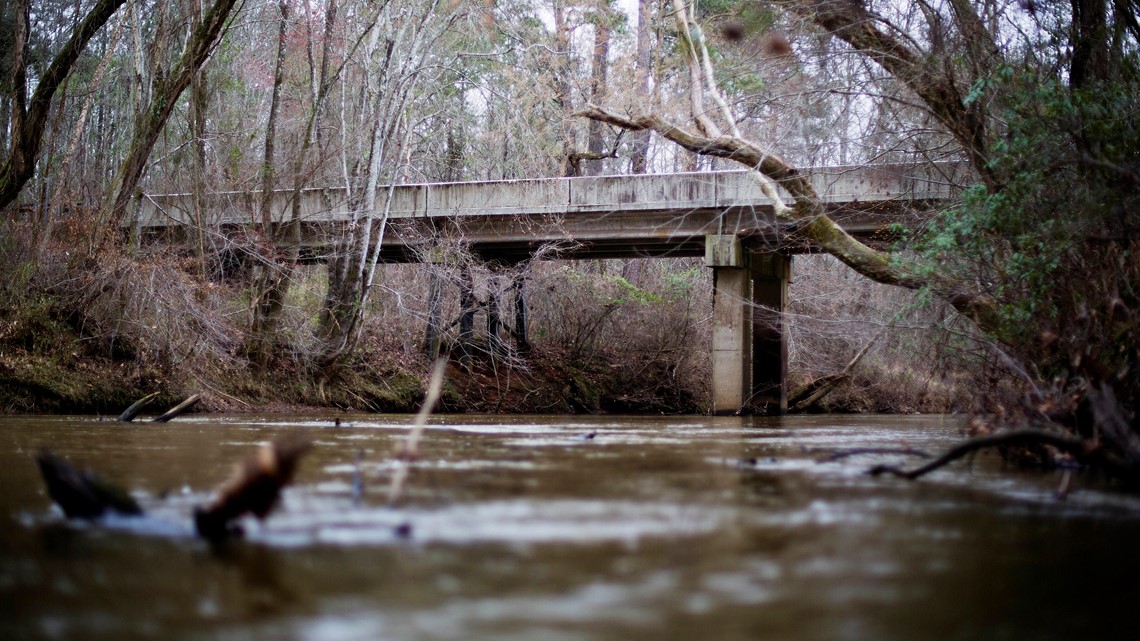
One of Pitch's latest books is about the case, "The Last Lynching: How a Gruesome Mass Murder Rocked a Small Georgia Town." While writing the book, he searched for the Grand Jury transcripts, but was told, at every turn, he said, that the files had long since disappeared. After Pitch published the book, he kept searching, and ultimately discovered the files stored in the National Archives in Washington, D.C. He then began his efforts, through the federal courts, to unseal the Grand Jury testimony.
A federal judge granted his request in 2017 but the government appealed, citing the secrecy of grand jury proceedings. On Monday, the 11th U.S. Circuit Court of Appeals in Atlanta affirmed the lower court ruling, and ordered the transcripts unsealed.
“My hope is that we will finally shed light on who did it,” Pitch said.
Pitch said that FBI agents at the time were aggressively investigating the murders, but running into a wall of silence and intimidation among witnesses and others.
New Jersey attorney Joseph J. Bell, who successfully argued Pitch’s case before the federal courts, said he also hopes the transcripts will expose who was hiding what.
"Approximately 2,790 people were interviewed, both by the Georgia Bureau of Investigation and the FBI," Bell told 11Alive from his office on Tuesday.
"Approximately 106 people testified before the Grand Jury that was convened in Walton County, that met for around 16 days. Nobody has been brought to justice.... Sunshine is the best disinfectant. Why can’t we find out what really happened?” Bell said. “And I think, with the release of the Grand Jury transcripts, it may give us the answers.”
The incident has been recreated every year by a group of Civil Rights activists in front of crowds of spectators for years. The group gathers at the spot where the murders happened near Monroe to remind others of the horror those who lost their lives that day experienced.
“Of course, they [the murderers] are dead now. I was expecting death-bed confessions. They didn’t give them,” Pitch said. “It’s not for us. It’s for future generations, to know the truth.”
------------
KATE BRUMBACK for the Associated Press contributed to this report

